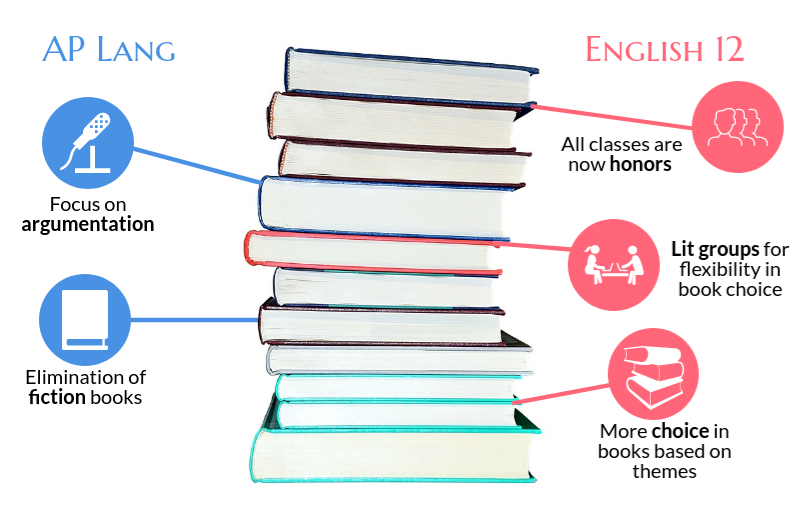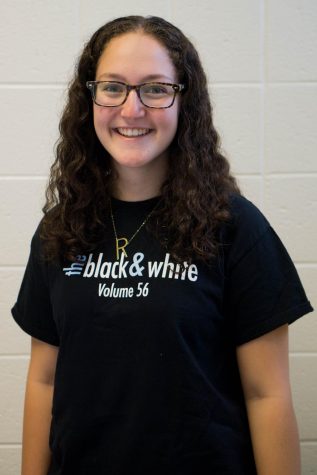Multiple English classes undergo curriculum changes
October 17, 2017
The English department adapted the traditional AP Language and Composition and Honors English 12 curricula this year to fit new MCPS and Whitman standards.
AP Lang teachers returned to the basics of the curriculum, focusing strictly on argumentation and rhetoric. Changes include forgoing novels previously taught and replacing them with individual excerpts, Malcolm Gladwell’s book “Outliers” and famous 20th century speeches. Classes will still read the anthology “A World of Ideas.”
“It was the hardest thing to do, but we ended up dropping most of the fiction work we do,” English teacher Matthew Bruneel said. “This sense of using speeches, using essays, using political cartoons, using images all as rhetorical exercises, those are the real ideas of the course. AP Lang is just about rhetoric, about making good arguments, understanding what a good argument is and being able to have a voice in the world.”
Honors English 12 also underwent two major changes this summer. First, the curriculum no longer includes studying a core text. Instead, students will read books of their choice in literature groups relating to themes the class is studying, such as truth and perception, navigating colliding cultures and gender roles.
“I’m excited about the new curriculum,” English teacher Melissa Carr said. “It’s definitely more geared toward the diverse culture that America is becoming. English 12 is really supposed to be world literature, and I think this is going to help students who are always reading a white, male author’s point of view to identify more with some of these other books.”
The second change for English 12 is that Whitman no longer offers an on-level version of English 12; all English 12 classes are now honors courses. The county will eliminate the on-level course next year, but Whitman implemented it this year to coincide with the new curriculum.
“Putting all the kids together means that we’re a larger group collaborating,” English department head Linda Leslie said. “It means that we’re all working together, so that enriches the product and the teaching experience.”
Some teachers, however, worry that some students will either be bored or overly challenged in class, but Leslie said that the data does not support this idea.
“Generally the data says that kids rise,” Leslie said. “When you are in a pool swimming with someone who’s a little faster than you, you get faster. There’s no evidence that you’re pulling down the top. Students will enter the conversation where they can and where it’s appropriate for them.”







